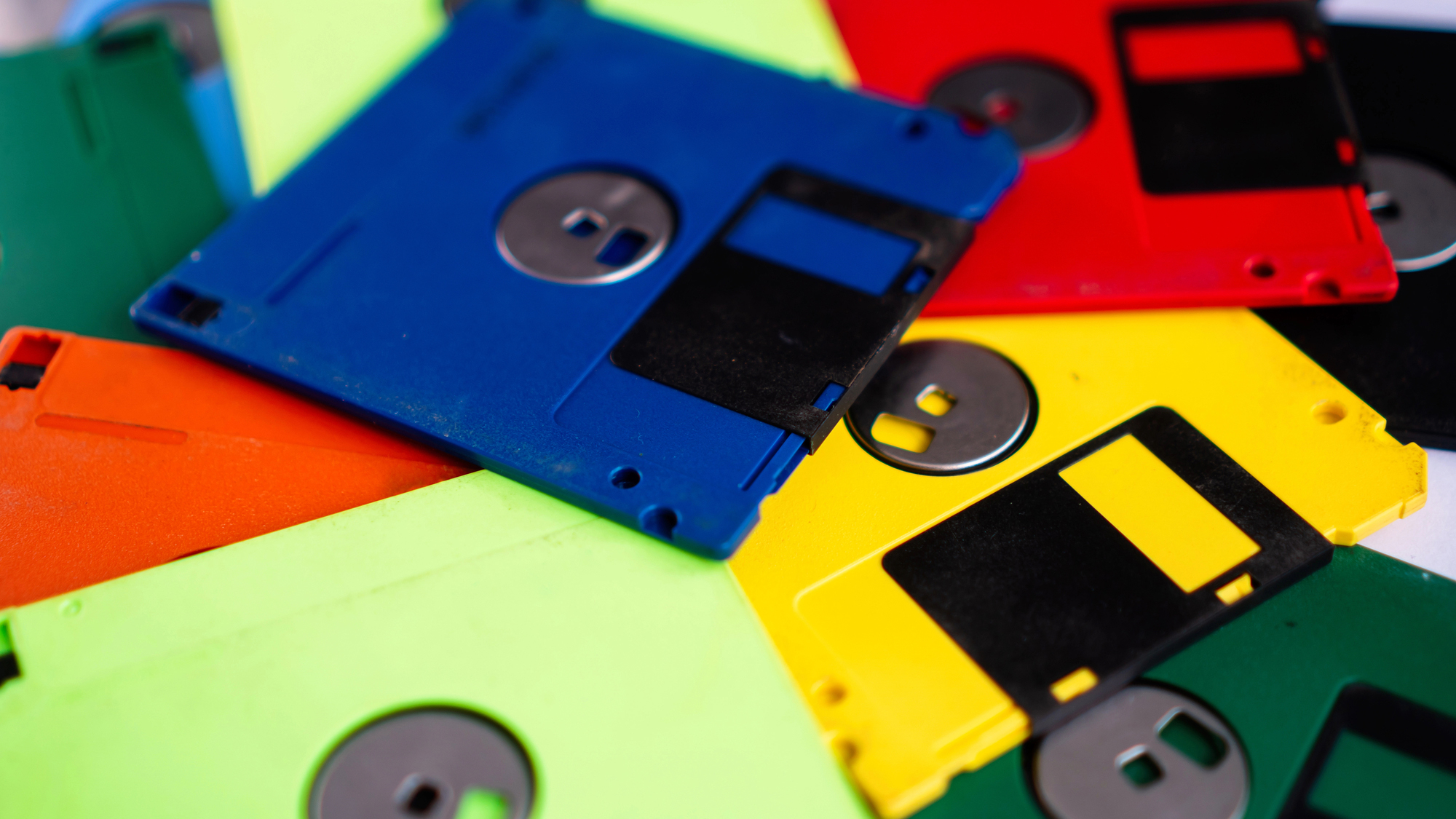Technology
The Japanese government is (finally) done with floppy disks

Until 2019, the computer system that controlled the US nuclear arsenal relied on 8-inch floppy disks, a format you probably had to be in your 50s to have ever seen. You would be forgiven for thinking that the phasing out of that system It could have been the last we heard of the floppy, but it isn’t.
Another country where floppy disks are still in use is Japan, largely due to a series of regulations that required documents submitted to the government to be transmitted on one of several outdated storage media. The country’s Minister of Digital Transformation, Taro Kono, “declared war” on floppies in August 2022 – and now, two years later, he has declared victory in his crusade.
As Minister of Digital Transformation, Kono is responsible for the Japan Digital Agency. This body has been established in the wake of the COVID pandemic and charged with breaking down the hidden bureaucracy and other structural factors that had hindered the digitalization of Japan’s administrative systems. In December 2021, Kono’s predecessor as Digital Minister became Karen Makishima described the pandemic as a “wake-up call for Japan’s digital transformation,” and explained the creation of the Digital Agency as a method to address the country’s “outdated and cumbersome administrative system.”
Kono took over the Digital Transformation portfolio from Makishima in August 2022And made quickly the war against outdated technology is a signature policy. It’s easy to see why the floppy disk requirements became emblematic of this battle: for starters, just getting your hands on them in 2024 is a challenge. Sony was the last major manufacturer to stop production of 3.5″ floppy disks and their production lines stopped running in 2011. And then there’s the matter of capacity: of the various floppy formats that readers may remember (particularly 3.5″ drives and their larger 5.25″ cousins), the most generous size is the 3.5-inch high-density drive, which could only hold 1.44 MB of data. (The highest capacity 5.25″ drive maxed out at 1.2 MB.)
These numbers sound absurd by today’s standards, although it’s worth noting that they remain feasible for accommodating text-only documents. PDF version of Japan Law on the Promotion of Public Administration Processes Using Information and Communications Technology is only 219 KB. However, once any form of non-text media is involved, things change dramatically: a single screenshot of the first page of that same legislation takes up 2.3 MB.
While that law (commonly referred to Because the Digital Procedures Act provides the overarching legal framework for the Japanese government’s IT procedures, eliminating requirements for the use of floppy disks and other legacy formats has not proven to be as simple as simply amending the Digital Procedures Act. . If this presentation from August 2022 explains that where a law sets specific requirements for acceptable formats, these requirements arguably override the general provisions of the Digital Procedures Act – which meant that any existing law that required the use of a specific format had to be amended.
Kono therefore instructed his Agency to conduct a comprehensive review of the Japanese legal code to identify such provisions. The review appeared 1,894 of them: the majority (1,114) mandated the use of “magnetic disks,” while other formats stipulated were CD-ROM, “flexible disks,” and “light disks.” (There were also 81 requirements for the use of “magnetic tape.”) The process of implementing all necessary changes has been underway since then.
A milestone came in January this year, when the country’s Ministry of Economy, Trade and Industry announced that it has done its part by removing or changing 34 requirements for storing or submitting information on diskettes. And now, according to Kono, the end is near: all necessary changes have been made, and he proudly announced to Reuters this week that “we… won the war against floppy disks on June 28!”
Although Kono’s war is over, it’s unclear whether the humble floppy will ever truly disappear. A surprising number of technologies that at first glance seem hopelessly old-fashioned remain in use: the large majority of banks still use systems written in COBOL, for example, while fax machines refuse to die. Meanwhile, other technologies that seemed dead and buried have since disappeared madecomebacks. Ultimately, the rationale for resisting change for change’s sake was neatly summed up by a Pentagon spokesman in 2016, when news first broke of the U.S. nuclear command system’s continued reliance on eight-inch floppies: This system remains in use because: In short: it still works.”













